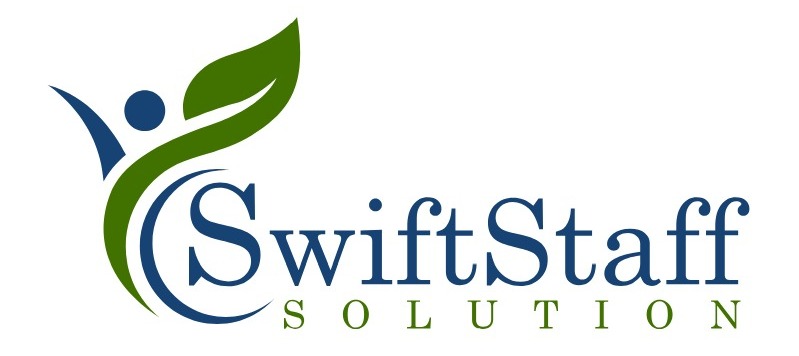Innovative Solutions to the Healthcare Staffing Crisis
The healthcare industry is facing a staffing crisis, with shortages of nurses, doctors, and other healthcare professionals. This crisis has significant implications for patient care and the overall sustainability of healthcare organizations. In this blog post, we’ll explore innovative solutions to the healthcare staffing crisis. Artificial intelligence (AI) and automation can help address healthcare staffing shortages by augmenting the workforce, streamlining tasks, and enhancing productivity. For instance, AI-powered chatbots can assist with patient triage, scheduling, and navigation, freeing up human staff to focus on more complex and high-touch care. Automation can also help with tasks like data entry, supply chain management, and environmental cleaning, reducing the administrative burden on healthcare professionals. To attract and retain healthcare professionals, organizations must offer competitive salaries, benefits, and flexible work arrangements. This can include telehealth options, compressed workweeks, and job sharing. Professional development opportunities, such as mentorship programs, tuition reimbursement, and conference sponsorships, can also help staff build skills, advance their careers, and feel more engaged and fulfilled. Moreover, organizations can prioritize staff well-being by providing mental health resources, employee recognition programs, and a positive work environment. Staffing agencies and travel nursing can help fill staffing gaps, especially in areas with severe shortages. Staffing agencies can provide temporary or permanent staff, while travel nursing can bring in experienced professionals for short-term assignments. These solutions can help maintain adequate staffing levels, reduce overtime, and prevent burnout. Additionally, staffing agencies and travel nursing can provide organizations with access to specialized skills and expertise, enhancing the quality of patient care. Conclusion:The healthcare staffing crisis requires innovative solutions that address the root causes of staffing shortages. By leveraging technology, prioritizing staff well-being and development, and exploring non-traditional staffing models, healthcare organizations can mitigate the impact of staffing shortages and deliver high-quality patient care.





